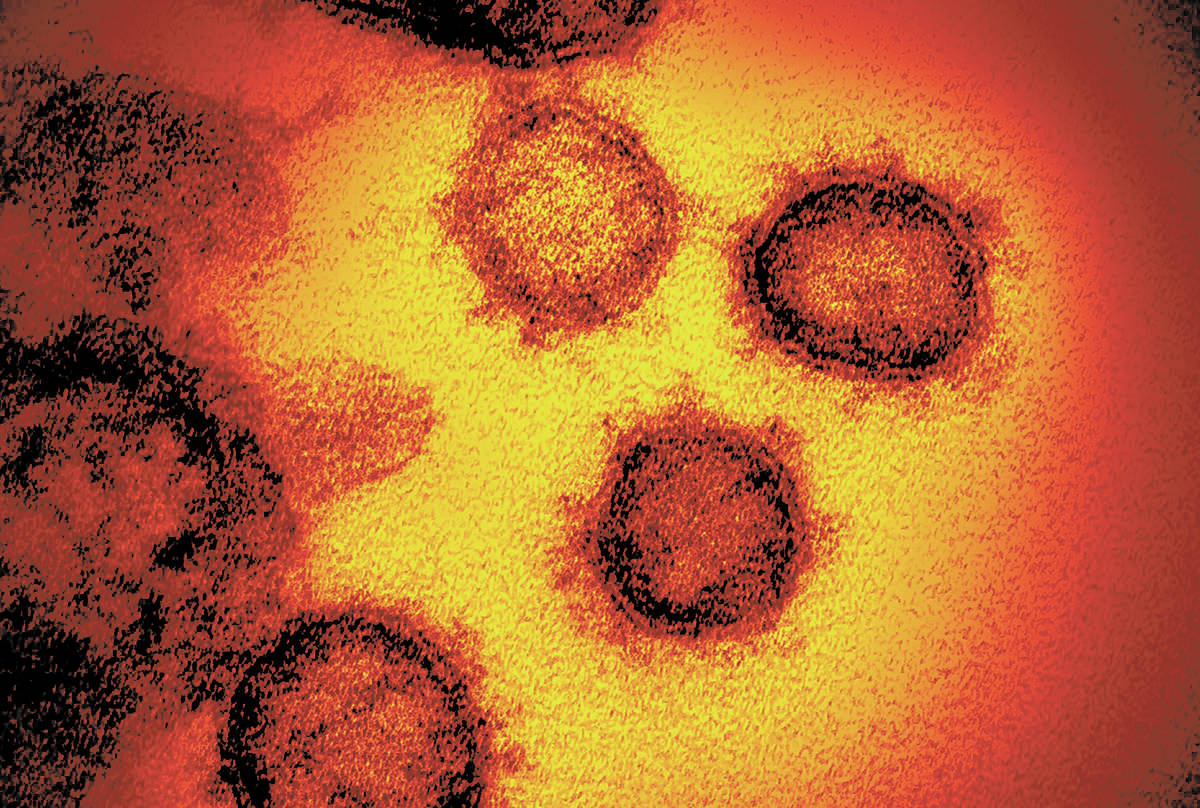VICTOR JOECKS: How private-sector companies are saving America from coronavirus
Anyone who thinks the coronavirus outbreak shows the need for larger government hasn’t been paying attention.
Over the past few months, government agencies made mistake after mistake, which allowed the coronavirus to proliferate in the United States. Private companies — once unshackled from government regulations — are the ones swinging into action to produce desperately needed medical products.
In late January, the coronavirus had come to the Seattle area. As luck would have it, there was an ongoing research project there on the flu. Infectious disease experts had nasal swabs from people experiencing flu-like symptoms. One of the researchers, Dr. Helen Chu, asked federal officials for permission to test the swabs for coronavirus. They refused. By the end of February, Chu did it anyway. Her team found a local teenager who had the virus but hadn’t been out of the country. Having that information earlier could have helped contain the spread of the virus.
That wouldn’t have mattered as much if the Centers for Disease Control and Prevention had developed a working diagnostic test. It didn’t. The test kits it shipped throughout the country kept giving inaccurate results.
This led the Association of Public Health Laboratories to beg the federal government for permission to create its own tests. Food and Drug Administration rules initially prevented private companies from creating their own tests. On Feb. 29, the CDC and FDA reversed course and allowed the development of alternative tests.
As a result, testing in the United States has exploded. On March 4, just 866 coronavirus tests had been completed, according to the COVID Tracking Project. Last Wednesday alone, 74,000 tests were given. As of Wednesday, the total number of tests was 419,000. Government laboratories conducted just 103,000 of those tests.
South Korea has been praised for its widespread testing. It has done 358,000 tests. On Wednesday, it conducted just 9,300 tests.
Thanks to private companies, the outlook is even better going forward. Thermo Fisher, a company that makes a variety of scientific devices, says it’s going to make 5 million coronavirus tests by next week. Roche, a pharmaceutical company, plans to make 400,000 tests a week.
Imagine how many lives could have been saved if federal bureaucrats had allowed these companies to move forward in January instead of February.
Widespread testing is important, but the lack of medical equipment — including ventilators and masks — is the current crisis. Once again, members of the private sector are ready to ride to the rescue if they can overcome regulatory hurdles.
Ford, GM and Tesla will be using their car factories to make urgently needed ventilators. This is possible only because the FDA last Sunday waived a series of regulations on new ventilator manufacturers. If that red tape had remained in place, getting FDA approval would likely have taken months or years.
Mask producers are facing similar obstacles. The Open PPE Project is trying to set up a new N95 mask-producing facility in Michigan. The CDC’s National Institute for Occupational Safety and Health told the group that regulatory approval would take 45 to 90 days. Lovely. The good news is that current N95 mask producers such as Honeywell and 3M are ramping up production.
Other private companies are stepping up, too. Breweries are now making hand sanitizer. A New York company that sells 3D printers is using them to make face shields for medical workers.
Government alone can’t solve the coronavirus crisis. And it needs to get out of the way of the private companies that are rushing to become part of the solution.
Victor Joecks’ column appears in the Opinion section each Sunday, Wednesday and Friday. Listen to him discuss his columns each Monday at 10 a.m. with Kevin Wall on 790 Talk Now. Contact him at vjoecks@reviewjournal.com or 702-383-4698. Follow @victorjoecks on Twitter.


















